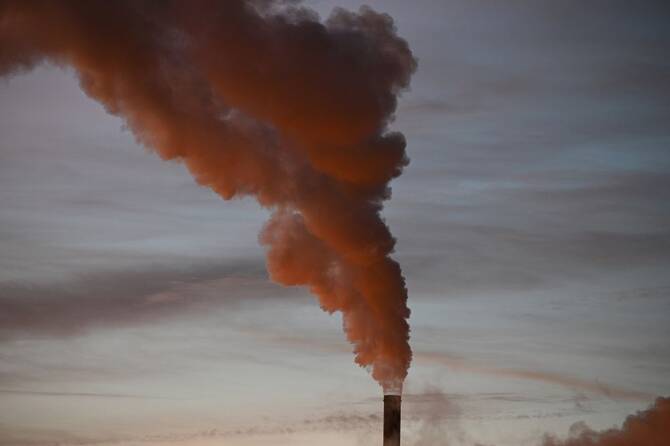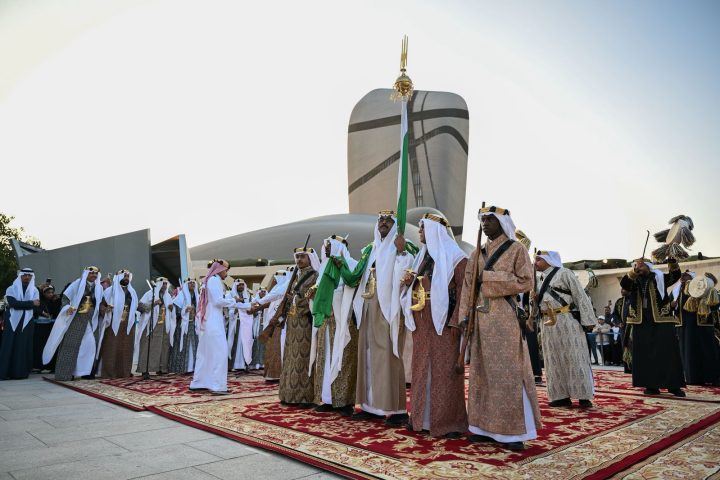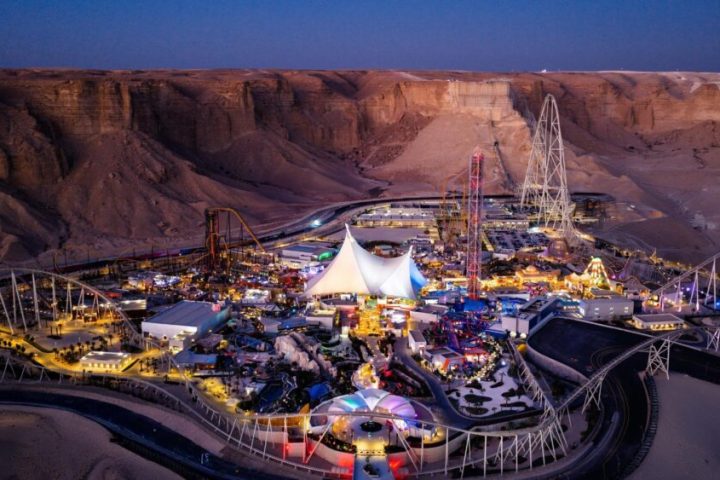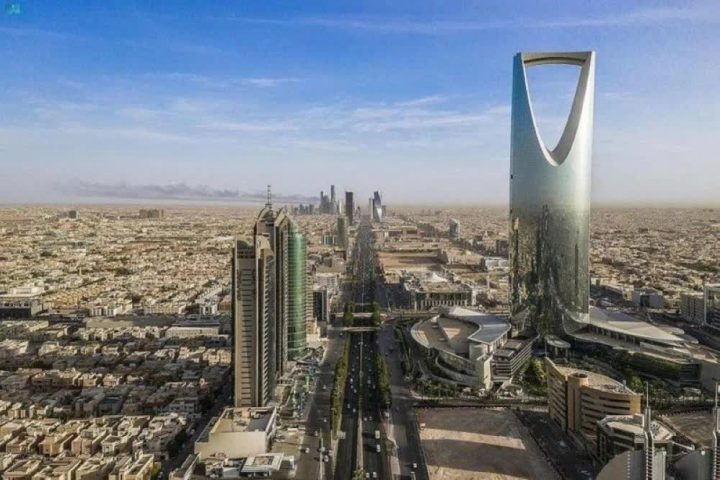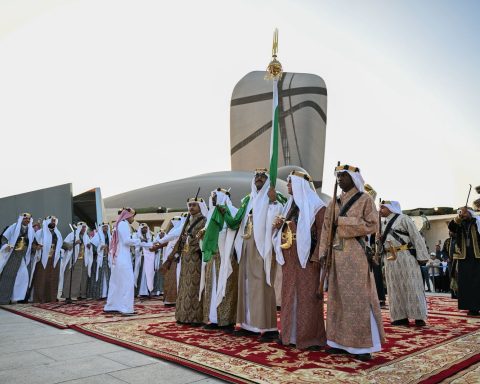As part of ongoing efforts to diversify energy resources and reinforce sustainability, Saudi scientists are turning their attention to the vast potential of geothermal energy—a clean, reliable source capable of delivering round-the-clock power to the national grid.
Preliminary studies suggest that the Kingdom could generate up to 1 gigawatt of geothermal capacity by 2035, supporting its target of producing half of its electricity from renewable sources. Unlike solar or wind power, geothermal energy is not affected by weather conditions, offering a stable and continuous energy supply.
Pioneering Research Projects
National research institutions, in collaboration with specialized companies, are drilling exploratory wells in regions such as the Red Sea coast to assess feasibility in areas including:
Cooling systems through geothermal heat pumps, reducing conventional energy consumption significantly.
Water desalination using geothermal heat as a cost-effective and environmentally friendly solution.
Power generation with stable and sustainable output.
Mineral recovery, such as lithium extraction from hot underground brines, opening new economic opportunities.
While the potential is significant, some regions may lack sufficient heat gradients at deeper levels to ensure high-scale power production. This underlines the need for further investment in advanced drilling technologies and continued research.
Experts emphasize the importance of supportive policies, such as streamlined licensing, the establishment of risk-sharing funds, and long-term power purchase agreements, to attract investors and accelerate growth in this promising sector.
Harnessing geothermal energy is not just a technical advancement—it represents a strategic move that will help build a sustainable economy and redefine Saudi Arabia’s energy landscape for generations to come.


